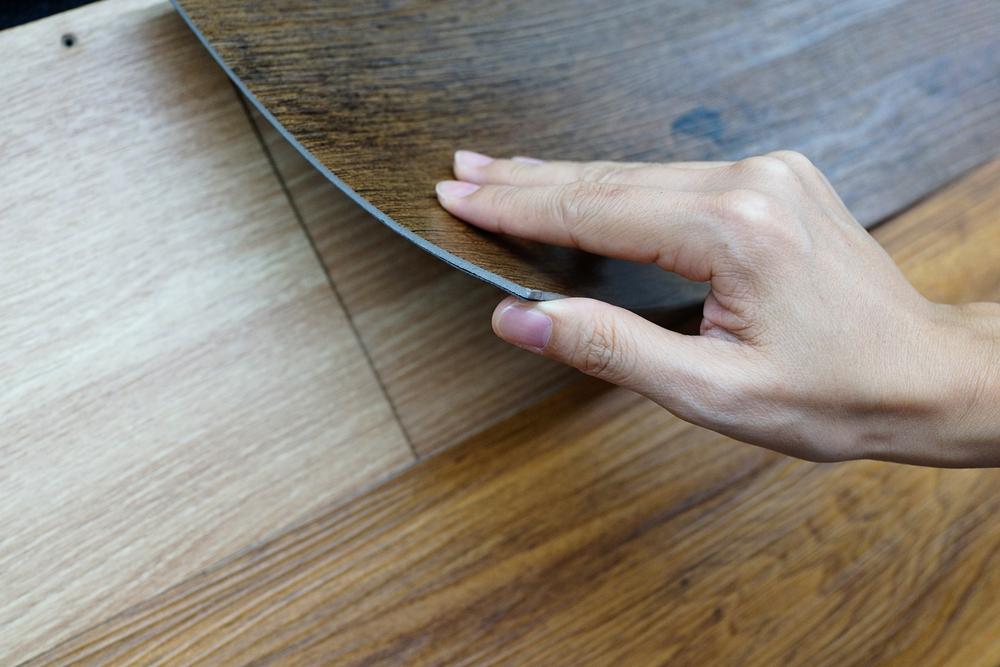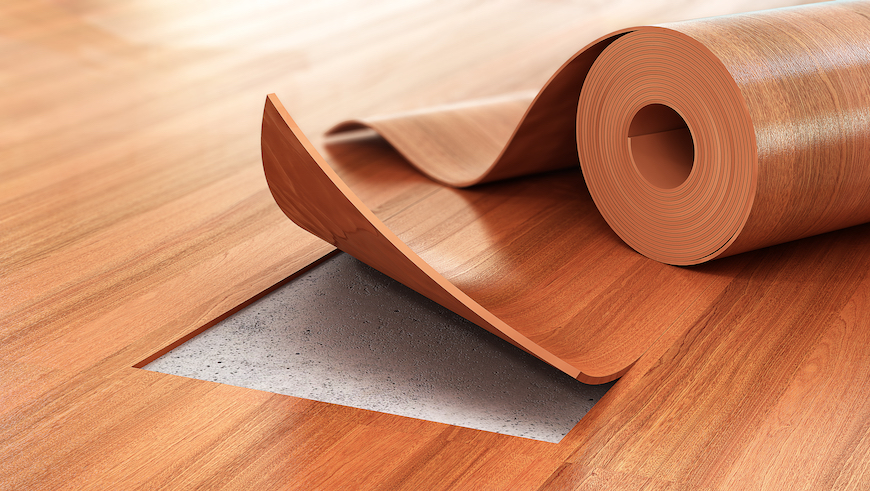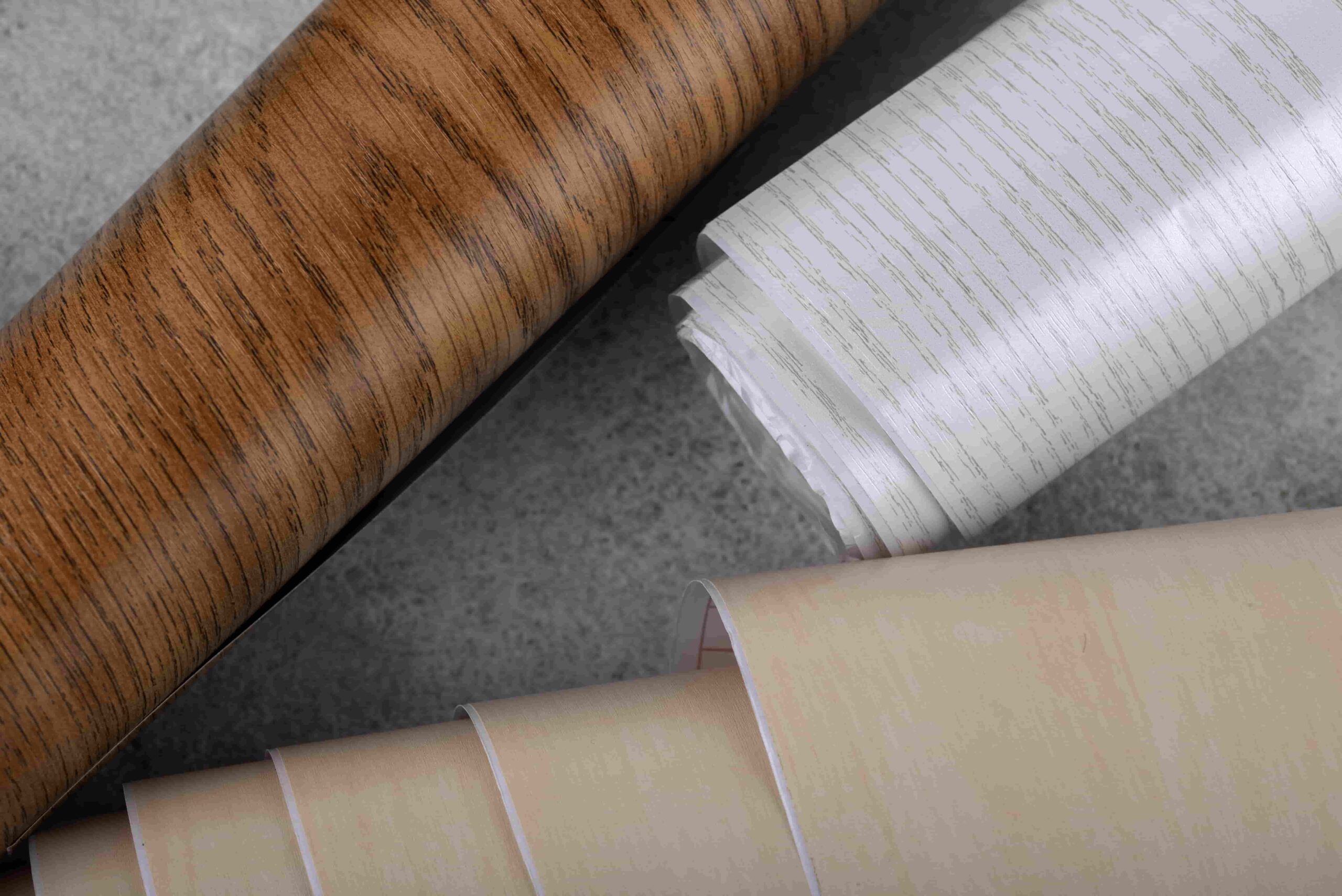Choosing the right thickness for your sheet flooring is a pivotal decision that lays the groundwork for a successful and enduring installation. Beneath your feet, the thickness of the vinyl sheet plays a crucial role in determining the flooring’s resilience, comfort, and longevity.
Striking the right balance ensures that the flooring not only withstands daily wear and tear but also provides a comfortable and stable surface for years to come.
In this quest for the right thickness for your sheet flooring, consider factors like the level of foot traffic in the area, subfloor conditions, and the desired feel underfoot.
As you navigate this decision, it becomes evident that beneath your feet lies the key to unlocking the perfect blend of durability and comfort, creating a foundation that stands the test of time.
When selecting the thickness for your vinyl sheet flooring, there are several critical factors to consider, to ensure the longevity and durability of your flooring. Initially, you should evaluate the level of foot traffic the flooring will endure. High-traffic areas demand thicker flooring for increased durability.
Additionally, consider the subfloor’s condition – a smooth, non-textured subfloor can typically accommodate thinner vinyl. However, if your subfloor is uneven or has imperfections, a thicker sheet will provide better coverage.
Also, don’t overlook the comfort factor; thicker vinyl can provide a softer underfoot feel. Lastly, budget constraints may impact your choice, as thicker vinyl sheets tend to be pricier. Balancing all these considerations will guide you to the right decision regarding your vinyl sheet flooring thickness.
Understanding Vinyl Sheet Flooring

Vinyl sheet flooring is a type of synthetic flooring material that comes in large, continuous, flexible sheets. Renowned for its durability and water resistance, it is an excellent choice for areas prone to moisture, such as bathrooms and kitchens.
The makeup of vinyl sheet flooring includes several layers, with a foam or felt backing, a printed and embossed vinyl layer that delivers aesthetic appeal, and a protective clear layer known as a ‘wear layer’ for added durability.
It is available in numerous designs, colors, and patterns, mimicking a vast range of other flooring options, including hardwood, stone, and ceramic tiles. Its thickness can vary, typically ranging from 1.1mm to 3.3mm, which affects its durability, comfort, and cost.
Types of Vinyl Sheet Flooring
There are three primary types of vinyl sheet flooring: felt-backed, vinyl-backed, and modified loose-lay.
Felt-Backed Vinyl Sheets – The most common type, felt-backed vinyl sheets offer a soft backing that can help conceal minor subfloor irregularities. However, it requires an adhesive spread across the entire subfloor during installation.
Vinyl-Backed Sheets – These provide a smoother and more flexible type of vinyl sheet flooring. Installation can be quicker as the adhesive is only required around the edges, not throughout the entire floor. However, they may not mask subfloor imperfections as effectively as felt-backed sheets.
Modified Loose-Lay Vinyl – In this variety, a fiberglass backing is added for increased strength and stability, allowing the sheet to lay flat without the need for adhesive. They’re the easiest to install and replace, making them a popular choice for DIY enthusiasts.
Importance of the Right Thickness for Vinyl Sheet Flooring
The thickness of your vinyl sheet flooring plays a pivotal role in determining its durability, functionality, and overall performance. A thicker vinyl floor is typically more resilient and durable. It is more resistant to damage from drops or impacts and can withstand heavy foot traffic better than thinner options.
This makes thicker vinyl flooring an excellent choice for high-traffic areas such as living rooms, hallways, and commercial spaces.
In addition to durability, comfort is also influenced by the thickness of your vinyl sheet flooring. Thicker flooring offers a softer and more comfortable surface to walk on and can also provide a measure of insulation, keeping your floors warm in colder months.
The thickness of the wear layer is another crucial aspect to consider. The wear layer is the protective layer that prevents the floor from getting scratched or stained.
A thicker wear layer will offer increased protection, prolonging the life of your flooring and maintaining its aesthetic appeal for longer.
Lastly, it’s worth noting that thicker vinyl flooring tends to be more expensive due to the higher material cost. Therefore, when choosing the thickness of your vinyl sheet flooring, it’s essential to balance your budget with your needs and priorities in terms of durability, comfort, and appearance.
Impact of Thickness on Durability, Comfort, and Aesthetics
The thickness of vinyl sheet flooring has a direct impact on its durability. Thicker floors have an increased ability to resist the wear and tear associated with high foot traffic, reducing the likelihood of dents and scratches.
This makes them a highly durable option for busy areas like kitchens and hallways.
Comfort is another key aspect influenced by the thickness of your flooring. Thicker vinyl sheet flooring provides a softer and more comfortable surface underfoot, which can be especially beneficial in rooms where you spend a lot of time standing, like the kitchen or laundry room.
Moreover, thicker floors can also offer better insulation, helping to keep your space cozy during colder months.
When it comes to aesthetics, the thickness of the wear layer plays a significant role. A thicker wear layer means that the flooring is more resistant to scuffs, scratches, and stains, helping to maintain a pristine and attractive appearance over time.
This can be particularly important in maintaining the aesthetic appeal of your space, especially in high-traffic areas where the risk of damage is higher.
Right Thickness for Your Sheet Flooring

Typically, vinyl sheet flooring comes in thickness options ranging from 6 to 12 millimeters. In high-traffic areas or commercial spaces, a thicker vinyl sheet, around 10 to 12 millimeters, offers enhanced durability and resistance to wear and tear.
For residential spaces with moderate traffic, a thickness of 8 to 10 millimeters is often sufficient.
Thinner options, around 6 to 8 millimeters, may be suitable for areas with minimal foot traffic. Additionally, consider the condition of your subfloor and any specific comfort preferences.
As a rule of thumb, a thickness of 10-12 mil is usually adequate for residential settings with low to moderate foot traffic. If you’re installing the flooring in a commercial space or a high-traffic area of your home, consider a thickness of 20 mils or more.
Factors to Consider When Choosing the Right Thickness
When choosing the right thickness for your sheet flooring, there are several factors to consider:
Foot Traffic: Areas with high foot traffic, such as hallways, kitchens, and living rooms, will benefit from thicker flooring due to its increased durability and resistance to wear and tear. In contrast, rooms with less traffic, like bedrooms or home offices, can make do with thinner flooring.
Room Usage: The function of the room also plays a role in determining the right flooring thickness. Rooms where you stand for long periods, like the kitchen or laundry room, will benefit from thicker flooring due to the added comfort it provides. Bathrooms, on the other hand, might require a thinner, more water-resistant option.
Subfloor Condition: The condition of your subfloor is another crucial consideration. If the subfloor is uneven or has imperfections, a thicker floor can help mask these issues. However, if your subfloor is in good condition, you might not need to invest in the thickest option.
Budget: Lastly, keep your budget in mind. Thicker flooring tends to be more expensive due to the higher material cost. It’s important to balance the desire for a thicker, more durable, and comfortable floor against the total cost of installation and materials.
Remember, the goal is to find a flooring option that provides the best value for your money, taking into account all of these factors.
Related Topics:
Guidelines for Choosing the Right Thickness for Vinyl Sheet Flooring
When considering vinyl sheet flooring, thickness measurements typically range from as thin as 1.1mm to as thick as 3.3mm. Each thickness level offers its unique advantages and disadvantages:
1.1mm to 1.6mm Thickness: This is the thinnest option available, making it the least expensive. However, while it’s budget-friendly, it’s less durable and may not stand up well to high foot traffic or rough usage.
This thickness could be suitable for rooms with less foot traffic, such as bedrooms, or temporary installations.
1.7mm to 2.4mm Thickness: This mid-range thickness offers a solid balance between cost and durability. It’s more resistant to wear and tear than the thinnest option and can be a good choice for rooms with moderate foot traffic.
However, it might not be the best fit for areas that see heavy use or are prone to high moisture, like bathrooms and kitchens.
2.5mm to 3.0mm Thickness: This category is thicker, more durable, and provides a good level of comfort underfoot. It’s an excellent choice for high-traffic areas in the home, like living rooms and hallways, and for rooms where you might stand for extended periods, like kitchens.
Above 3.0mm Thickness: The thickest vinyl sheet flooring options offer the highest level of durability and comfort, but they’re also the most expensive. They’re well-suited to high-traffic commercial settings or for homeowners who want a long-lasting, comfortable floor and are willing to pay a premium.
Provide recommendations for various scenarios
Low-Traffic Residential Areas: If you’re installing sheet flooring in a space with low foot traffic, such as a home office or bedroom, the budget-friendly 1.1mm to 1.6mm thickness can be a suitable choice.
While this option may not be as durable as thicker variations, it can capably handle less demanding environments.
Moderate-Traffic Residential Areas: For areas like dining rooms or children’s playrooms, which see moderate foot traffic, a mid-range thickness of 1.7mm to 2.4mm offers substantial durability without a significant cost increase. This balance makes it a preferred choice for many homeowners.
High-Traffic Residential Areas: For spaces that see heavy foot traffic, like living rooms, hallways, or kitchens, a thickness of 2.5mm to 3.0mm is advisable. These floors can withstand wear and tear and provide a comfortable underfoot feel, making them ideal for high-activity areas.
Commercial and High-Traffic Areas: In commercial settings or areas with exceptionally high foot traffic, the thickest options, above 3.0mm, are recommended.
Despite the higher cost, these floors offer top-notch durability and comfort, ensuring they stand up to heavy usage over time.
Conclusion
The thickness of your sheet flooring should be determined based on the specific needs and conditions of your space. Whether it’s for a low-traffic residential area or a high-traffic commercial setting, there’s a flooring thickness that’s just right.
Opt for thinner, budget-friendly options for less demanding environments and invest in thicker floors for areas that require high durability and comfort. Remember, it’s not just about choosing a floor that looks good, but also one that can stand the test of time and usage.
FAQs
Do thicker sheet floors cost more?
Generally, thicker sheet flooring options come at a higher cost due to their increased durability and comfort. However, it’s essential to consider the longevity of your investment as thinner floors may require more frequent replacements in high-traffic areas.
Can sheet flooring be customized to a specific thickness?
Yes, many manufacturers offer customizable options for sheet flooring, allowing you to choose the exact thickness that suits your needs. Consult with your preferred manufacturer or supplier to explore these options.
Are there any other factors to consider when choosing the right thickness for sheet flooring?
In addition to foot traffic and durability, it’s essential to consider the subfloor condition and the type of sheet flooring material. Some materials may require a specific thickness for proper installation and performance.

